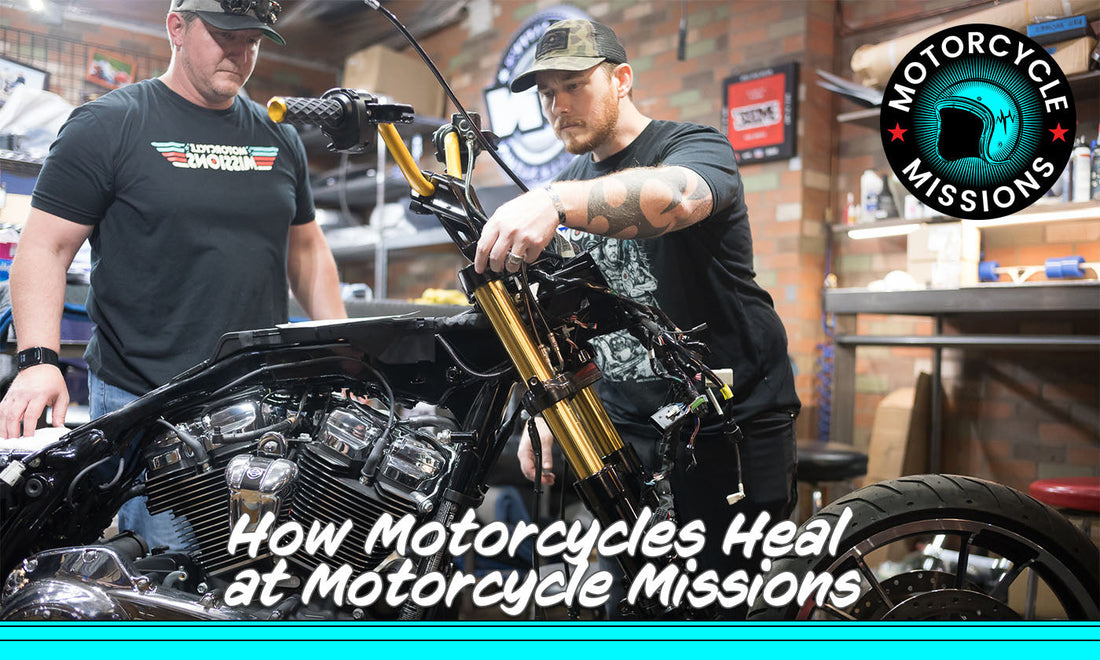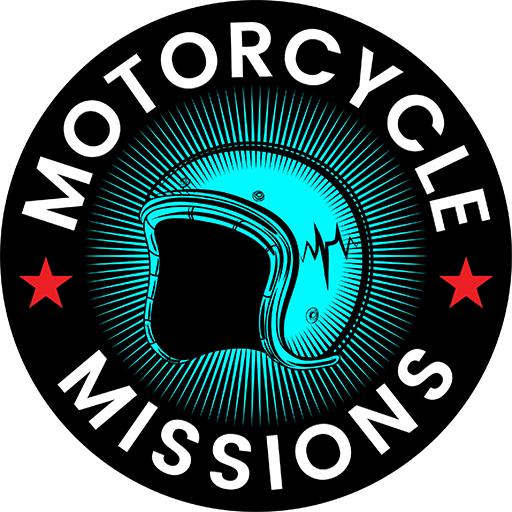
The Science Behind Motorcycle Missions: Understanding the Healing Power of Mechanics
Share
At Motorcycle Missions, we frequently share inspiring stories of transformation and healing through the power of working on motorcycles, but what exactly happens on a psychological and neurological level when our participants engage in this hands-on work? There is a robust body of scientific evidence that supports why activities like motorcycle repair can significantly aid in the recovery from trauma.
Focused Attention and Mindfulness
Repairing motorcycles requires detailed attention and precision—qualities that necessitate a high level of focus. This concentrated form of engagement acts similarly to mindfulness, which has been widely documented as an effective treatment for PTSD and other trauma-related disorders. When participants focus on the mechanics of a motorcycle, they are practicing a form of present-moment awareness, which helps reduce the frequency and intensity of intrusive traumatic memories.

Psychological Flow and Mastery
The concept of "flow," a state of deep immersion where one loses sense of time, plays a crucial role in mental health. Engaging in motorcycle repair often leads participants to experience flow. This state provides temporary relief from stress and anxiety, and enhances feelings of competence and self-esteem as individuals master new skills. The sense of achievement from successfully repairing or rebuilding a motorcycle bolsters a person’s sense of agency and self-efficacy, crucial elements in the psychological recovery process.
Neuroplasticity and Skill Development
Neuroplasticity refers to the brain's ability to reorganize itself by forming new neural connections. Learning new skills, like motorcycle mechanics, stimulates this process, essential for recovery from mental health issues, including trauma and depression. The hands-on, problem-solving nature of motorcycle repair encourages continuous learning and adaptation, which can help "rewire" the brain in more resilient ways.
Social Support and Community
Healing from trauma often requires a supportive social environment, something that Motorcycle Missions excels at providing. The community aspect of our workshops allows for shared experiences and peer support, which are proven to contribute to psychological healing. Social interactions in a cooperative setting like a workshop promote feelings of belonging and purpose, both of which are vital for those recovering from trauma.

Physical Activity and Endorphin Release
While not as intense as some forms of exercise, motorcycle repair involves a level of physical engagement that can lead to the release of endorphins, the body's natural painkillers. These endorphins can improve mood and reduce feelings of pain, both physically and mentally.
At Motorcycle Missions, we recognize that each time a participant picks up a tool or revs an engine, they are not just repairing a bike—they are taking steps towards healing their mind and body. Our program, which has expanded beyond Texas into other states, harnesses the therapeutic power of motorcycle mechanics to help veterans and first responders find a path to resilience and recovery. Through our work, we continue to validate the science of healing, demonstrating that the road to recovery can indeed start in a garage, with a wrench in hand.
